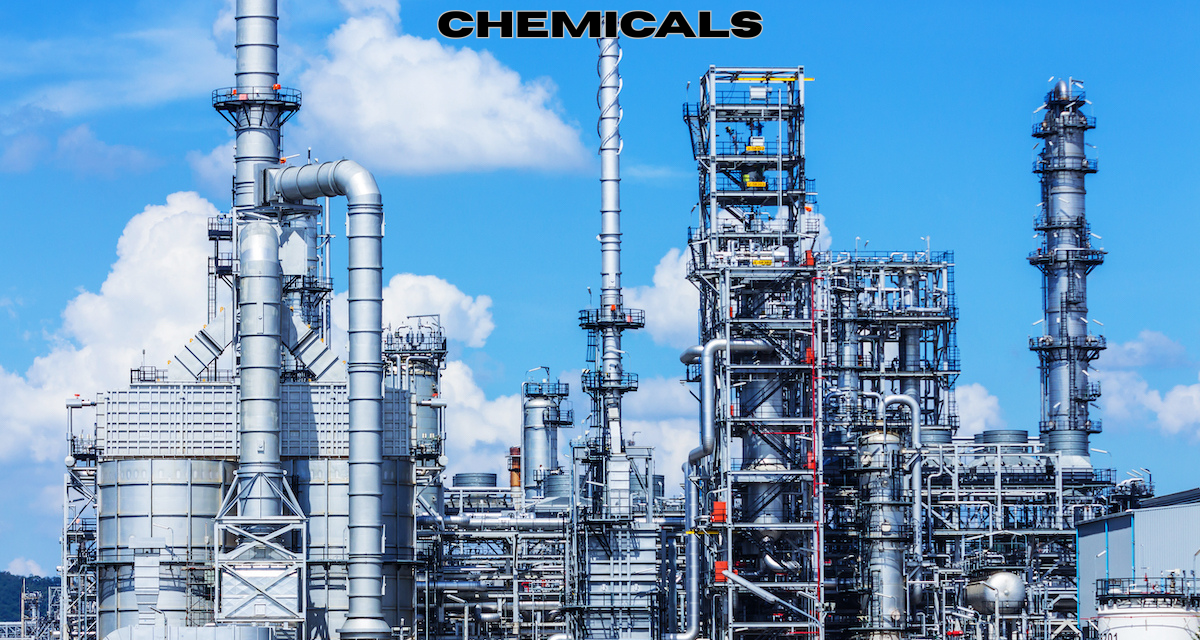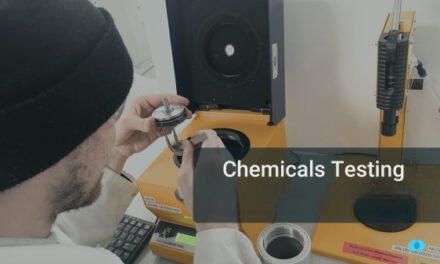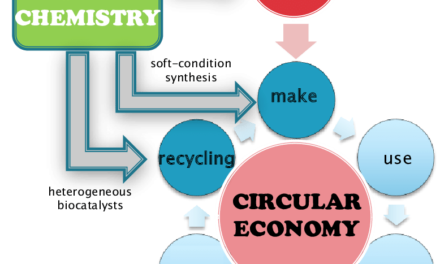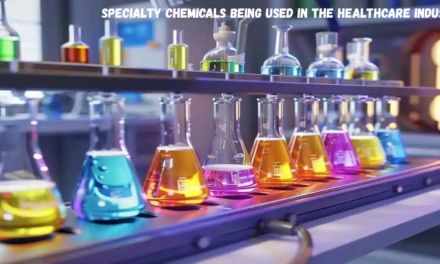The production of fine chemicals is a highly specialized and complex process that presents several challenges. These challenges arise from the need for high purity, low-volume production, stringent regulatory requirements, and economic considerations. Below is a detailed exploration of the key challenges faced in fine chemical production:
1. Complexity of Manufacturing Processes
- Multi-Step Synthesis:
- Fine chemicals often require multi-step synthetic pathways, which increase the time, cost, and risk of errors during production.
- Challenge:
- Managing intermediate reactions and avoiding side reactions that compromise product purity.
- Precision and Consistency:
- Reactions must be tightly controlled to ensure reproducibility and meet strict quality standards.
- Example:
- Producing enantiomerically pure compounds for pharmaceuticals requires precise asymmetric synthesis.
2. High Costs
- Production Costs:
- The small-scale and customized nature of fine chemical production increases per-unit costs.
- Challenge:
- Competing with bulk chemicals and cost-effective alternatives.
- Raw Material Costs:
- High-purity raw materials and reagents are expensive and may have limited availability.
- Capital Investment:
- Specialized equipment and infrastructure add to the upfront costs of production facilities.
3. Scalability
- Transition from Lab to Industrial Scale:
- Processes optimized in a laboratory setting may not scale efficiently to industrial production.
- Challenge:
- Maintaining product purity and reaction yield while scaling up.
- Batch vs. Continuous Production:
- Many fine chemicals are produced in batch processes, which are less efficient than continuous methods.
4. Regulatory Compliance
- Stringent Standards:
- Fine chemicals, especially those used in pharmaceuticals and agrochemicals, must meet stringent safety, purity, and environmental regulations.
- Challenge:
- Adhering to Good Manufacturing Practices (GMP) for pharmaceuticals.
- Time-Consuming Approvals:
- Regulatory approvals for new fine chemicals can delay commercialization.
5. Environmental and Safety Concerns
- Hazardous Reagents and Byproducts:
- Fine chemical synthesis often involves toxic reagents or generates hazardous waste.
- Challenge:
- Ensuring worker safety and compliance with environmental regulations.
- Energy-Intensive Processes:
- Some reactions require high temperatures or pressures, increasing energy consumption and environmental impact.
6. Supply Chain Constraints
- Raw Material Availability:
- Many fine chemicals depend on rare or region-specific raw materials.
- Challenge:
- Disruptions in the supply chain can halt production.
- Global Dependence:
- Dependence on imports for specific precursors or intermediates increases vulnerability to geopolitical or logistical issues.
7. Quality Control
- High Purity Requirements:
- Fine chemicals must meet strict purity standards, often exceeding 99%.
- Challenge:
- Detecting and removing impurities requires advanced analytical techniques and significant effort.
- Complex Analytical Techniques:
- Ensuring consistent product quality involves sophisticated methods like NMR, HPLC, and mass spectrometry, which can be time-consuming and expensive.
8. Technological Barriers
- Innovative Methods:
- Emerging technologies like biocatalysis, flow chemistry, and green chemistry often require expertise and infrastructure not widely available.
- Challenge:
- Integrating these technologies into existing production lines.
9. Customization and Flexibility
- Tailored Production:
- Fine chemicals are often produced to meet specific customer requirements.
- Challenge:
- Balancing flexibility in production with cost efficiency.
- Frequent Changeovers:
- Custom production often involves frequent equipment cleaning and reconfiguration, increasing downtime.
10. Market Volatility
- Uncertain Demand:
- Demand for fine chemicals can be unpredictable, especially for niche markets or custom applications.
- Challenge:
- Managing inventory and production capacity to match fluctuating market needs.
- Price Pressures:
- Competition from generic or alternative chemicals may drive down prices.
11. Intellectual Property (IP) and Competition
- IP Protection:
- Developing new fine chemicals often involves proprietary technologies, requiring strong IP protections.
- Challenge:
- Competitors may reverse-engineer products or develop alternative processes.
- Global Competition:
- Intense competition, especially from low-cost manufacturers in emerging markets, can erode profit margins.
12. Sustainability Concerns
- Environmental Regulations:
- Increasing regulatory focus on sustainability adds pressure to adopt greener production methods.
- Challenge:
- Transitioning to bio-based or renewable feedstocks while maintaining cost-effectiveness and performance.
- Waste Management:
- Reducing and managing hazardous waste generated during production.
13. Skilled Workforce
- Expertise Requirements:
- Producing fine chemicals requires highly skilled chemists, engineers, and technicians.
- Challenge:
- Recruiting and retaining talent with expertise in advanced synthesis and analytical techniques.
Strategies to Overcome Challenges
- Investment in R&D:
- Developing innovative, efficient, and sustainable production processes.
- Collaboration:
- Partnering with academic institutions and technology providers to access cutting-edge methods.
- Digitalization and Automation:
- Implementing Industry 4.0 technologies to improve process control, efficiency, and scalability.
- Circular Economy Practices:
- Recycling solvents and byproducts to reduce costs and environmental impact.
- Diversified Supply Chains:
- Sourcing raw materials from multiple suppliers to mitigate supply chain risks.
Conclusion
The production of fine chemicals is a challenging but essential aspect of modern industries such as pharmaceuticals, agrochemicals, and electronics. Addressing these challenges requires a combination of technological innovation, regulatory expertise, and operational efficiency. Companies that can overcome these obstacles are well-positioned to succeed in this high-value, high-demand market.
Hashtags
#FineChemicalChallenges #ChemicalsProductionHurdles #ProductionChallengesInChemicals #ManufacturingDifficulties #ChemicalManufacturingIssues #HighProductionCosts #CostOfFineChemicals #ExpensiveManufacturing #SustainableCostSolutions #ChemicalEconomics #QualityControlChallenges #HighPurityChemicals #PurificationDifficulties #StrictQualityStandards #ChemicalsManufacturingStandards #EnvironmentalImpact #RegulatoryCompliance #SustainableManufacturing #ChemicalsAndRegulations #GreenManufacturingChallenges










